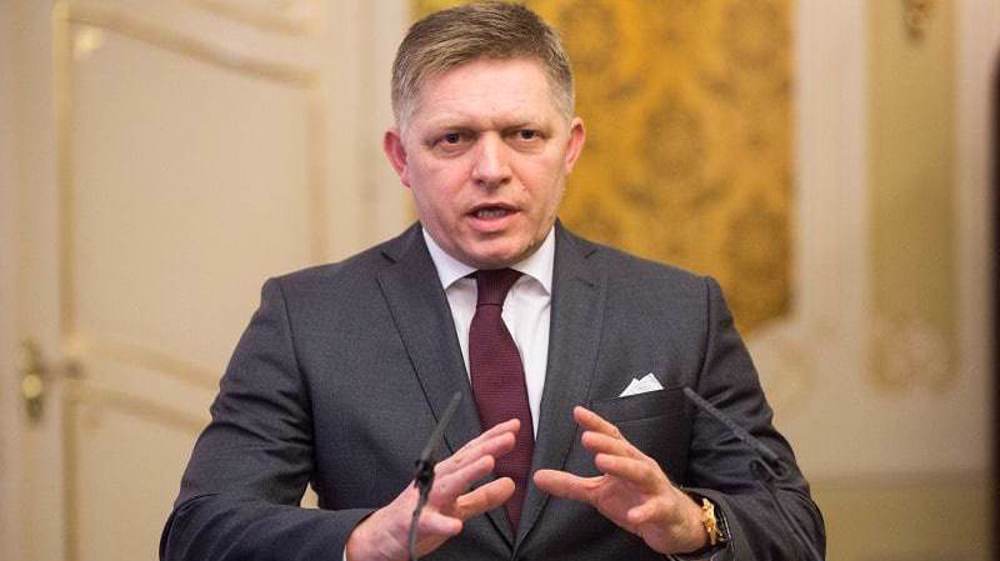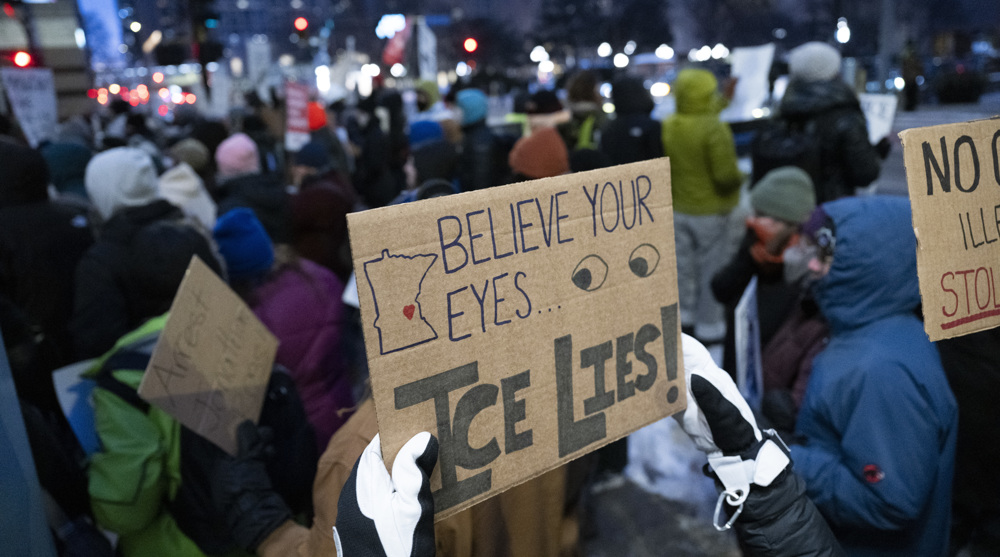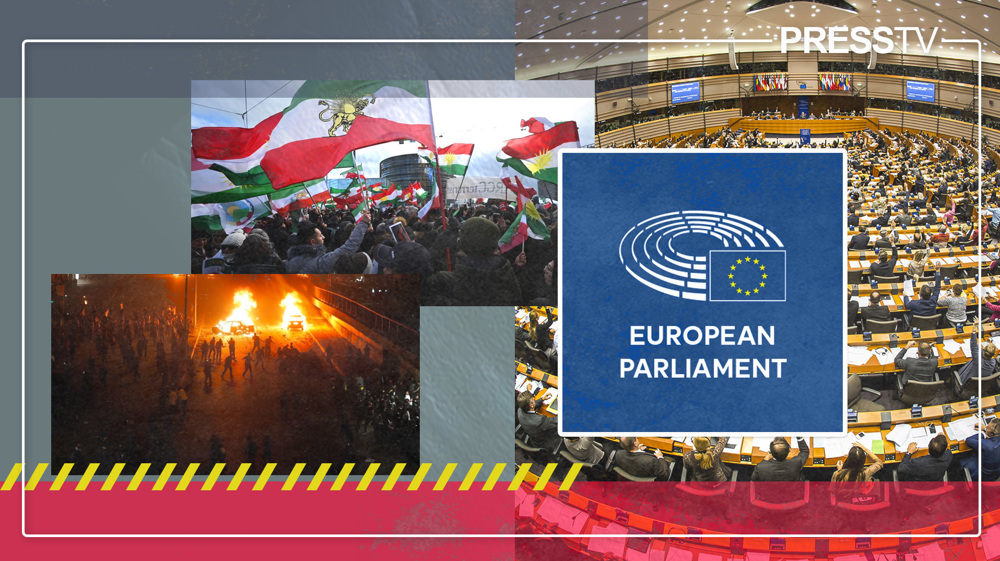Human traficking in EU becomes No.1 illegal business
The illegal, and often perilous business of smuggling refugees into the European Union has grown into a huge business, larger than the illicit trade of drugs and weapons.
“It has developed into a business worth billions,” said Johanna Mikl-Leitner, the interior minister of Austria, as quoted by the New York Times.
The official said that human traffickers were spread out across the region, in Bulgaria, Hungary, Macedonia, Romania and Serbia.
Colonel Gerald Tatzgern, head of the Austrian police service fighting human trafficking, has said that in Greece alone, there are 200 smuggling rings involved in the illicit business.
Head of Europe’s police agency (Europol), Rob Wainwright, recently told media that an estimated 30,000 people were involved in human smuggling gangs.
"Europol has opened 1,400 cases this year involving human smuggling," Wainwright explained
Analysts say the smuggling groups vary in size and sophistication and the routes they take to Europe, usually a mix of land and sea.
Often times, the human traffickers are local organized crime groups who seize the opportunity to make money, said Izabella Cooper, spokeswoman for Frontex, which monitors the European Union’s borders.
They (criminal gangs) employ agents on the ground to contact stranded refugees who could be potential customers, Cooper said.
“If a migrant has a lot of money, the smugglers can get them a forged passport or a stolen ID card with a visa, together with a plane ticket to a chosen European country,” she said.
Migrants can sometimes get from Turkey to Germany with one central coordinator, said Livia Styp-Rekowska, a senior immigration and border management specialist at the International Organization for Migration.
Abandoned by their smugglers, 71 migrants were found suffocated in the back of a sealed truck along an Austrian highway last week.
Over 2,700 refugees have died trying to cross the Mediterranean into the European Union so far this year.
The shocking image of the body of Aylan Kurdi, a Syrian refugee, which was recently washed up dead on a beach in Turkey focused the world’s attention on the wave of refugees who risk their lives to reach Europe after fleeing conflict-hit zones in Africa and the Middle East.

There were 838,305 asylum applications across the 32 European countries in the 12 months to June 2015.
“Taxis willing to take them to the Austrian border are everywhere. It costs 1,000 euros, and if they are lucky, they actually get there,” said Zoltan Bolek, head of the Hungarian Islamic Community in the capital city of Budapest.
VIDEO | Germany, not just merely an economic recession
Discover Iran: Hormozgan, home to the last lenj boatbuilders of Persian Gulf
VIDEO | Condition of Gaza hospitals at the beginning of phase two recovery
VIDEO | Tehran metro station vandalized in attack by foreign-backed terrorists
VIDEO | Angry Iraqis set fire to Trump image, US flag
'It's simple — Trump's failing': Netizens rip into US warmongering against Iran
ICE shooting of protester in Minnesota
UN envoy: US responsible for ‘unpredictable consequences’ of aggression on Iran










 This makes it easy to access the Press TV website
This makes it easy to access the Press TV website